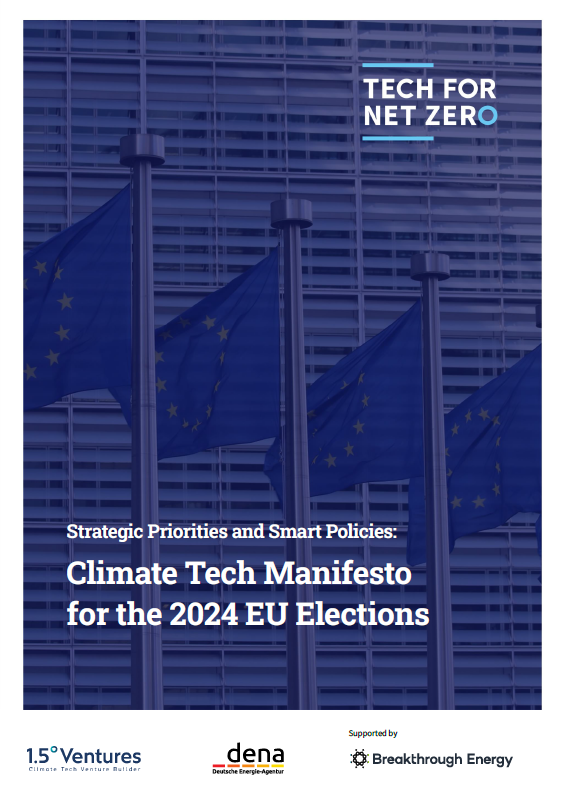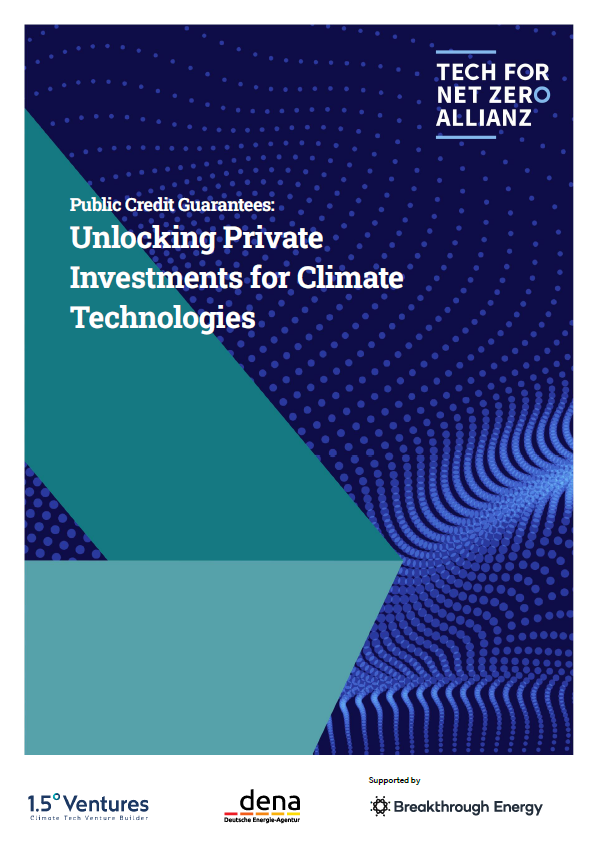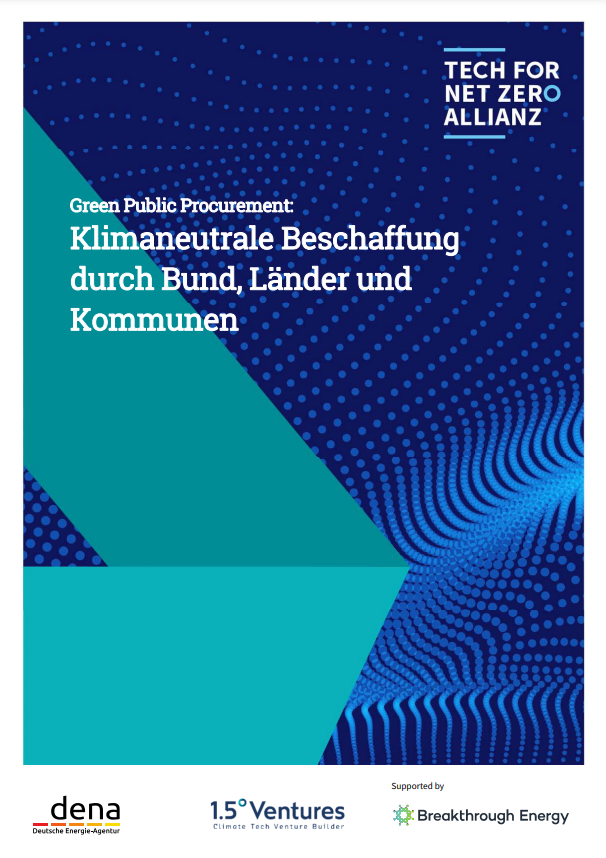The German basic materials industry (steel production and processing, cement production, and production of basic chemicals) emits large quantities of greenhouse gases. Although various innovative technologies are ready to decarbonize production processes, the current market environment hardly allows investments in these technologies. At the same time, due to long investment cycles and path dependencies, these investments must be made today to achieve sectoral climate targets.
Carbon Contracts for Difference (CCfD) are a suitable instrument to mobilize private investments for innovative climate technologies in these sectors. They can ensure the necessary speed with which the new technologies must be brought to market. At the same time, they pave the way towards a market for climate-neutral industrial products that is controlled by price signals (EU-ETS) and demand stimuli (e.g. through application quotas or appropriate public procurement).
To ensure that they meet these goals, there are a number of contexts to consider when designing CCfD, as the Tech for Net Zero Alliance explains in this impulse paper.






